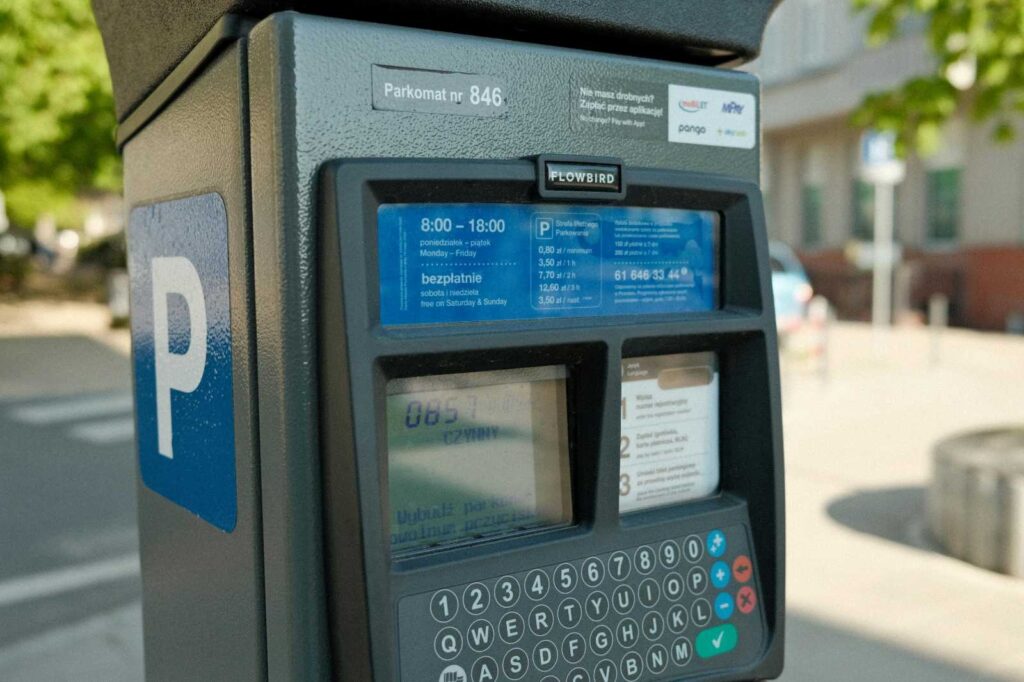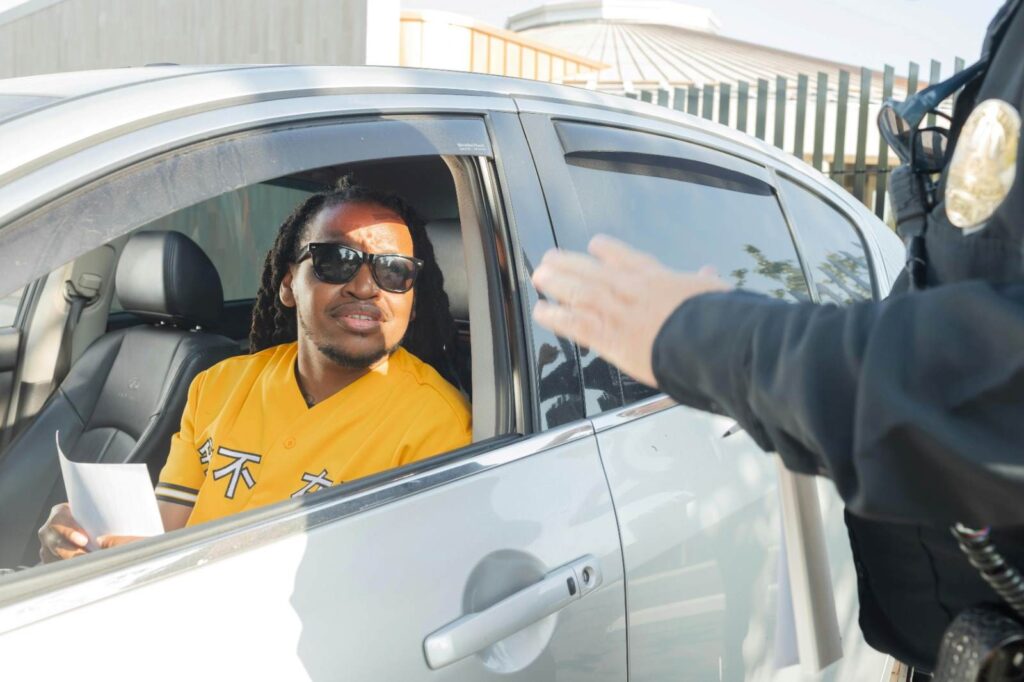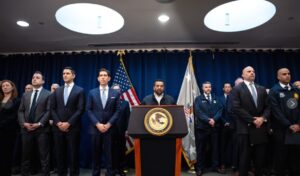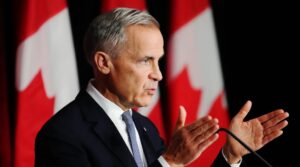Over 3,000 Parking Tickets Issued in Downtown Toronto Rush-Hour Blitz

TORONTO — More than 3,200 parking tickets were issued and over 240 vehicles towed as Toronto Police and city bylaw officers conducted a two-week enforcement blitz aimed at clearing rush-hour congestion in the downtown core.
The crackdown, which took place from June 16 to June 27, targeted drivers who stopped illegally in high-traffic areas during peak hours between 3:00 p.m. and 7:00 p.m.. Major enforcement zones included Bay Street, King Street West, University Avenue, and Queen Street—locations frequently plagued by bottlenecks and blocked transit lanes.
In the first week alone, 1,760 no-stopping violations were recorded. An additional 1,460 tickets were handed out the following week, accompanied by dozens of vehicle tows.

“This blitz was not just about fines—it was about safety and mobility,” a Toronto Police spokesperson said in a statement. “Vehicles that stop illegally during rush hour not only create traffic chaos but also put cyclists and pedestrians at risk.”
The initiative is part of a broader city-wide effort to restore smoother traffic flow and enhance street safety, particularly as downtown Toronto sees a post-pandemic resurgence in tourism, office activity, and public events.
City officials say illegally parked vehicles during rush hour not only impede traffic but endanger vulnerable road users and delay public transit, especially along streetcar routes.
While the formal blitz has concluded, police have confirmed that random spot enforcement will continue throughout the summer, and repeat offenders could face escalated penalties, including towing without prior warning.
Motorists are urged to follow all posted signage, plan travel around rush-hour restrictions, and consult the Toronto Parking Authority’s app for real-time updates on street regulations and lot availability.
Bottom Line: With traffic volume climbing back to pre-pandemic levels, Toronto isn’t taking chances on downtown congestion. The message to drivers is clear: if you stop illegally, you won’t just slow traffic—you may end up paying for it.



